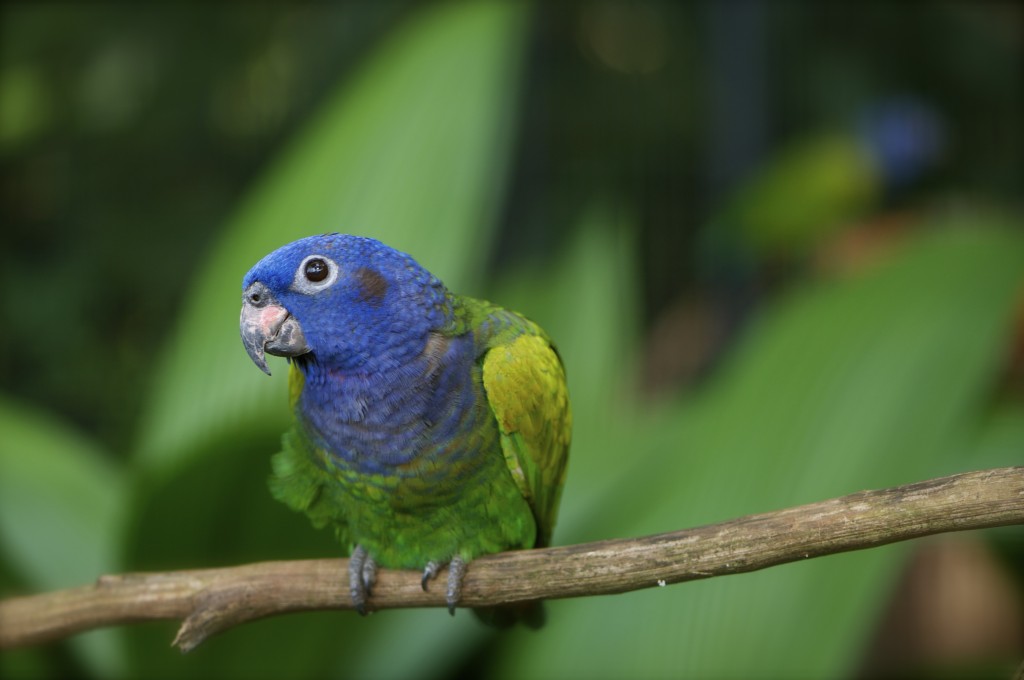
In recent posts discussing the benefits of having pets, we’ve concentrated mainly on pets we know many of our readers and subscribers have—particularly, cats and dogs.
Rumor has it—and we have pictures to confirm—some of our readers have unusual pets that don’t answer to names like Fido or Puss.
In our posts on cats and dogs, we went into some detail on the benefits of pet ownership, both for the general population and for seniors in particular. Some benefits we examined were:
- Pets help seniors stay active by requiring regular care and exercise. For example, walking a dog can help keep anyone active and in the best of shape. But caring for, and trying to keep up with, just about any sort of pet will help keep almost anyone on the move.
- Pets make wonderful companions. Petinsurance.com, a leading provider of pet health insurance plans, reports, “Pets can give an elderly person a great sense of self and help increase self-esteem since pets need and rely on their owners for virtually every aspect of their caretaking.”
- Pets can be good for cardiovascular health. As ABC News reports, “Research has supported a connection between owning a dog and reduced risk of cardiovascular problems, including high blood pressure and elevated cholesterol levels.”
- Pets can help seniors and other people cope with feelings of anxiety, loneliness, and depression. Interaction with animals even seems more effective in some cases than more traditional forms of therapy.
While these benefits are generally attributed more to certain animals than to others, there is no reason to suspect they apply only to the more conventional types of pets. True, some animals are a lot harder to hug than cats or dogs are, but that doesn’t mean there aren’t other ways they can contribute to the benefits of having a pet.
This time around, let us consider two types of pets many animal lovers choose as alternatives to dogs and cats—namely, birds and reptiles.
Pet Birds
Some popular choices for pet birds include:
- Budgies
- Canaries
- Cockatiels
- Cockatoos
- Doves
- Finches
- Lovebirds
- Mynahs
- Macaws
- Parrots
- Parakeets
- Pigeons
- Toucans
There are numerous variations of some of these bird types. If you’re not a bird owner yet but are intending to be, PetStation.com’s What Bird for Me? may be a good place to start investigating birds. What Bird for Me? provides important information about all of the bird types listed above and many of their variations. It also lets you know which birds are good with children, which ones are best left to experienced handlers, and which ones are generally acceptable to landlords. It also clues you in as to the amount of money (less than $100; $100-$300; $300-$800; $800 and up) you’ll likely have to shell out for the type of bird you choose.
Benefits of Having a Bird
For sure, there’s a lot more information floating around concerning the benefits of having a dog or a cat. But, as About.com points out:
- Birds are noted for their intelligence. “Their capacity for learning and inquisitive nature makes them fascinating, captivating pets. Birds that are bonded with their owners constantly learn from the person’s behavior, and often delight them with surprisingly human-like antics.”
- Birds are not difficult to train. Birds are “typically eager to learn new things from their owners. Since birds are relatively small, training them can be less physically demanding than working with larger creatures.”
- Birds are social creatures. “Given proper training and socialization, birds can be every bit as loving and affectionate as a cat or dog,” and “many pet birds are inseparable from their owners.”
And finally …
Pet Reptiles
This category of pets comprises about as any members of the lizard, snake, and turtle families as you can think of … and a lot more.
PetUniversity.com identifies the following as popular species of pet lizard:
- Bearded dragon
- Chameleon
- Crested gecko
- Leopard gecko
- Green iguana
- Green anole
- Water dragon
While lizards aren’t generally considered the most affectionate or interactive of pets, some lizard owners swear their pets provide most of the benefits that pets of a warm-blooded, fuzzier nature provide.
Snakes seem a less popular choice of pets for American seniors. Of course, safety has to be a primary consideration for anyone thinking of welcoming a snake into the family.
Turtles and tortoises, meanwhile, “can make great pets” that are “lots of fun to observe and interact with,” according to PetUniversity.com. Aquatic, semi-aquatic, and box (mainly terrestrial) turtles are all adopted as pets, though box turtles are often regarded as difficult to care for. Various tortoises are also the pets of choice for many people, although tortoises, too, are often regarded as difficult to care for.
If you have a turtle or tortoise in the family, chances are you’re reaping the benefits of having a pet. If you’re not already the owner of a turtle or tortoise, though, you need to be aware that these creatures generally have lifespans ranging from about 50 to 100 years—which may not make them the most welcome pets for seniors or adults of any age.
We’ve already seen some photos subscribers and readers have uploaded of their precious pets. If you have any priceless pet photos to share, please upload them so that we can feature them on our Facebook banner. We’re also making plans for another photo contest, and we’re looking forward to seeing the very best photos you’ve got of your pet or pets.
Having a pet can do wonders for your health. Go a step further and contact MedicareMall for information about Medicare supplement plans and all your best healthcare options.
We’d like to hear about birds, reptiles, or other unusual pets. If you have such a pet, leave a comment below!
© 2013 MedicareMall.com
